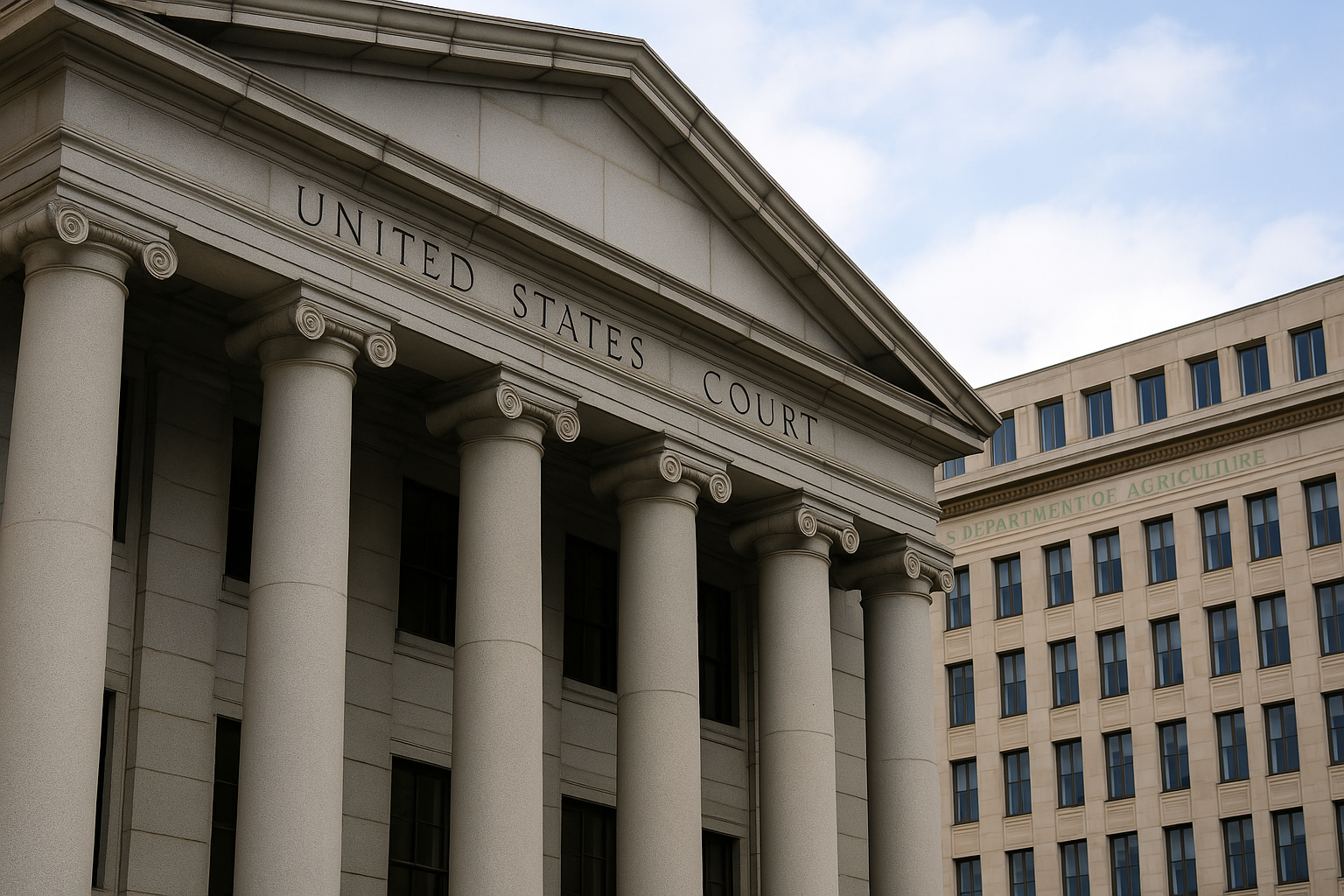The U.S. Supreme Court ruled in favor of former President Donald Trump’s administration on Monday, permitting the continuation of deportations based on claims that the individuals involved are Venezuelan gang members. The 5-4 decision saw conservative Justice Amy Coney Barrett joining the three liberal justices in dissent.
The case focused on the 1798 Alien Enemies Act, a rarely used statute invoked only three times in U.S. history, and exclusively during wartime. The law allows for the detention and deportation of foreign nationals from countries deemed to be actively invading the United States. The Trump administration argued that the law applied to certain Venezuelan gang members, framing them as a form of national threat.
In an unsigned opinion issued Monday night, the Court’s conservative majority did not directly address the interpretation of the law. However, the ruling allows the administration to proceed with deportations, with the stipulation that individuals must now be given prior notice and a chance to contest their removal.
The Court clarified that such challenges must be made on an individual basis through habeas corpus petitions, and filed in the jurisdiction where the person is detained. This effectively rejected a class action lawsuit filed by the American Civil Liberties Union (ACLU) and Democracy Forward, which aimed to block the use of the Alien Enemies Act more broadly.
Habeas corpus, in practice, allows a detained person to challenge the legality of their detention or deportation—but only for themselves, and only in the specific location of their detention. In this case, the named plaintiffs were held in Texas, where dissenting justices noted that courts may be less sympathetic to such claims.
While the decision is a temporary win for the Trump administration, it leaves unresolved questions about individuals already deported under the same law, particularly those sent to El Salvador, whose attorneys argue they were not properly notified.
Justice Brett Kavanaugh wrote a concurring opinion. Meanwhile, ACLU attorney Lee Gelernt commented in a statement:
“We are disappointed that we will need to start the court process over again in a different venue, but the critical point is that the Court rejected the government’s remarkable position that it does not even have to give individuals meaningful advance notice to challenge their removal under the Alien Enemies Act. That is a big victory.”







